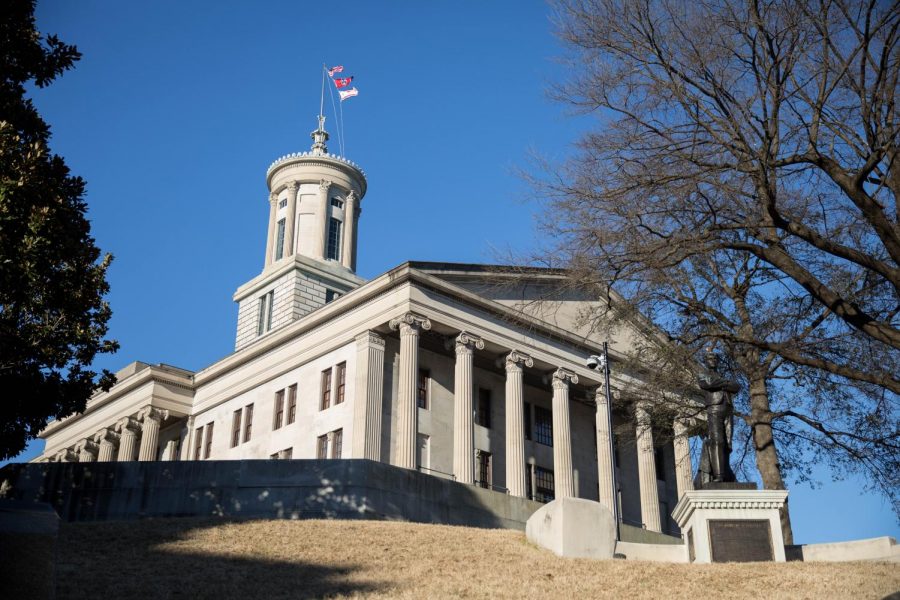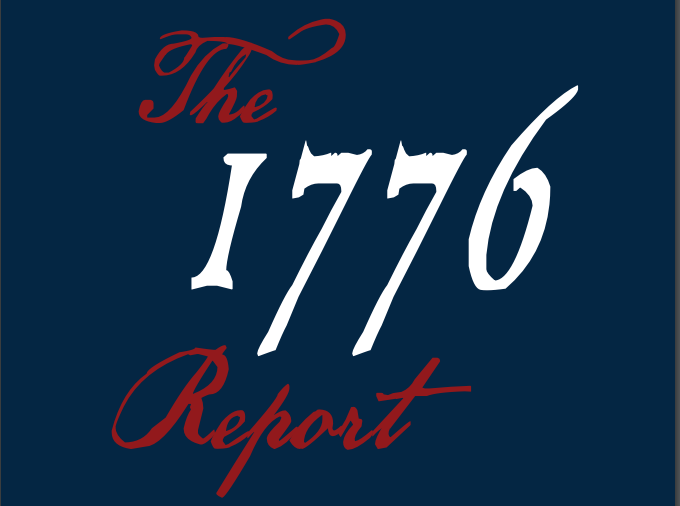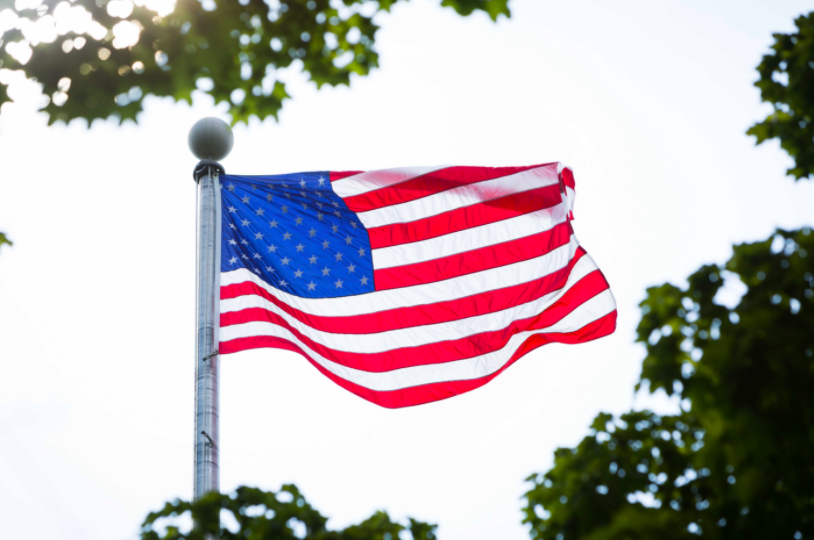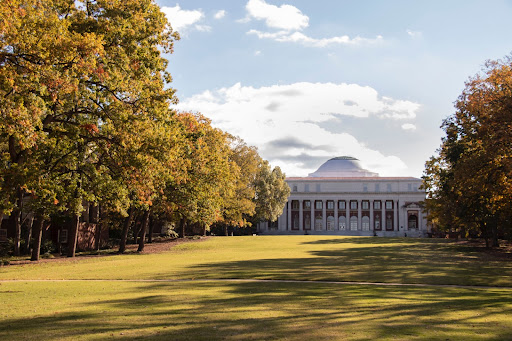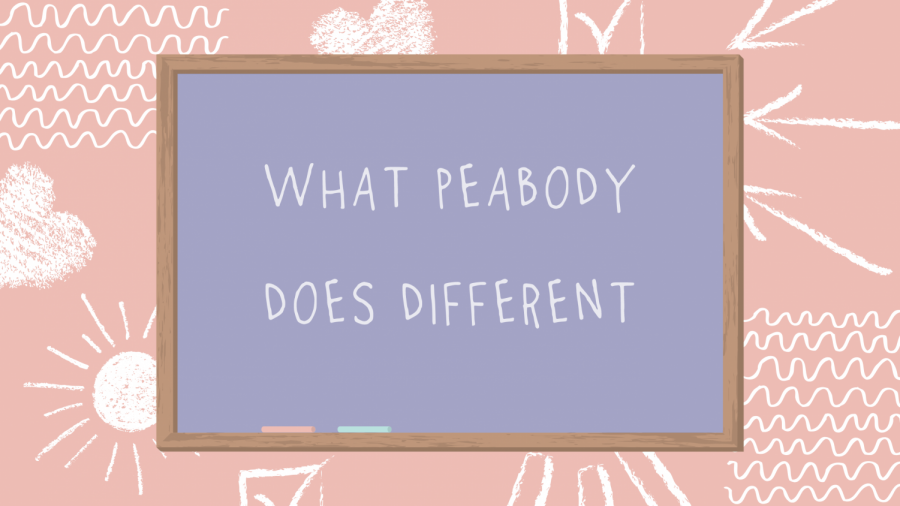On Sept. 17, President Trump announced an executive order to promote “patriotic education.” This order goes on to form a “1776 Commission” that would help to develop a “pro-American curriculum that celebrates the truth about our nation’s great history.” I’m writing to you now concerning this “truth.”
As a double major in history and secondary education, I’ve spent four years at Vandy grappling with all of the big existential questions of social studies education: What parts of history should I teach my students? What can I afford to leave out? How do I help them become good citizens? Who decides what defines a “good citizen?”
Vanderbilt students are some of this country’s best and brightest, and many of us have benefited from the immense privilege of a childhood in such a patriotic nation. Many of us got to grow up believing our country had never done anything wrong! So what, then, did we actually learn about our country? I’d bet that you know our three branches of government. You might be able to list all the presidents, at least the important ones. Maybe you know all of the amendments. This summer, if you were out there fighting for Black Lives, you might’ve committed your Miranda Rights to memory.
But the issue gets bigger when we get into the weeds—when we start talking about what history means. For example, I can give you the fact that the first enslaved Africans arrived on the North American continent in 1619. This can be verified. This can be corroborated. Now, what does this fact mean? I would argue that this means the oppression of Black bodies is now four centuries old in this country. President Trump would argue that this means “toxic propaganda,” that this historical fact has been misused by contemporary movements to impugn the character of the United States. I’ll let you choose which meaning you want to accept.
That’s the operative thing: choice. Scholar after scholar in the field of social studies education will tell you the same thing. They will argue that teachers cannot and should not be arbiters of a holistic and true history. If I stand at the front of a classroom (classzoom?) next fall and start to recite my own indisputable account of American history, I will be doing my students a disservice. A proper teacher (and I would hope, a proper patriot) would leave room for nuance, for criticism and for messiness. What the president has termed “ideological poison,” I would call critical analysis.
Ultimately, we can’t know the history of the United States. Every attempt to teach it will be born and die as just that, an attempt. Choosing to teach my students about the Tulsa Race Massacre and Woodrow Wilson’s connections to the Ku Klux Klan may prevent me from having time to discuss the Iran-Contra Crisis or Rosa Parks’s involvement with the Black Panthers. We can’t tell it all.
President Trump has decided only to tell his favorite parts.
I shed tears when I saw this news because I know that the victors in history are those who can print their own good press into the textbooks. We can’t, as the president puts it, “[teach youth] to love America with all of their heart and all of their soul” unless we also teach them to reckon very deeply with its flaws and sins.
So what must you do, Vanderbilt? In his 2018 commencement speech, Chancellor Zeppos said it best: the success of the American Experiment is not a foregone conclusion. We must take every scrap of historical insight and critical thinking we have acquired on this campus and use it. Vote, yes, but also have hard conversations about the grayest chapters in our collective history. Only by embracing all of these complexities can we begin to understand “our nation’s great history,” victories and atrocities alike.











